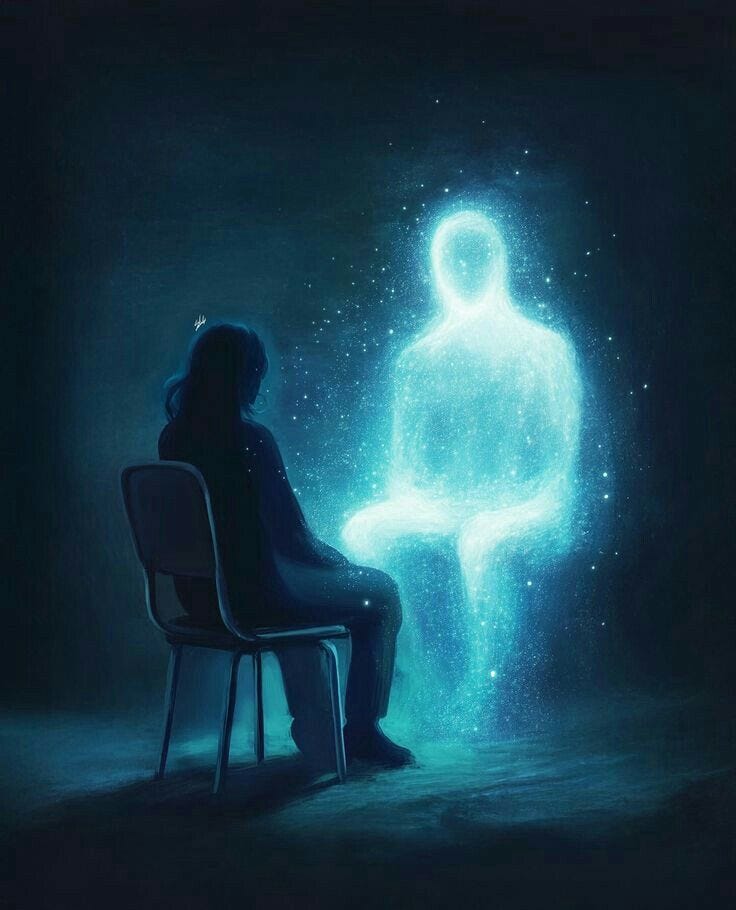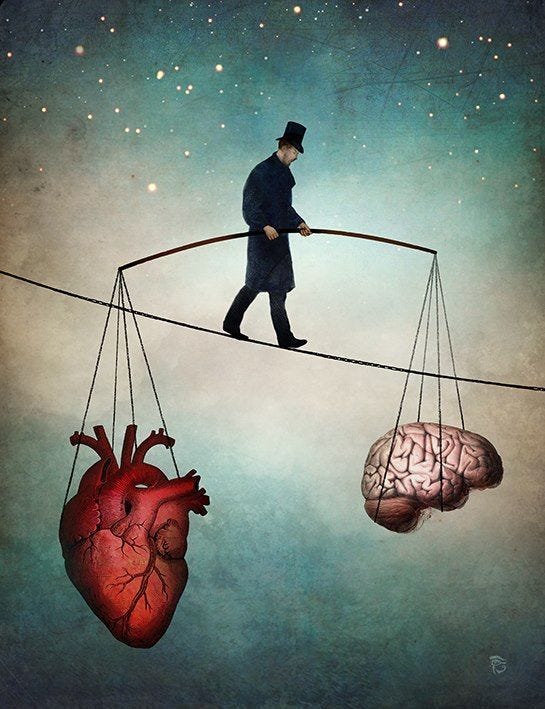Carl Jung and the Courage to Become Who You Are
“The privilege of a lifetime is to become who you truly are.”
— Carl Jung
Carl Jung’s psychology is often remembered for its archetypes, dreams, and symbols, but beneath these ideas lies a deeply practical philosophy: life is a task of becoming. To Jung, the greatest responsibility we carry is not to conform to society’s demands, nor to live by borrowed values, but to unfold the unique pattern of our own nature.
This process—what Jung called individuation—is not about perfection, but about wholeness. To individuate is to integrate the fragments of our being: the conscious and the unconscious, the strengths we show the world and the weaknesses we repress. It is the slow work of becoming real.
The Unlived Life
For Jung, much of modern suffering—depression, anxiety, addiction—stems from what he called “the unlived life.” These are the possibilities we ignore, the talents we suppress, the authentic paths we refuse to walk. We conform, we adapt, we wear masks to please others, but underneath, our soul rebels.
“Nothing has a stronger influence psychologically on their environment, and especially on their children, than the unlived life of the parent.” (Carl Jung, Letters)
When we refuse to become ourselves, the burden of that refusal doesn’t vanish—it festers, emerging as resentment, neurosis, or despair. Individuation, then, is not a luxury; it is a necessity for health.
Radical Self-Acceptance
The first step toward individuation is acceptance. Jung emphasized that true growth cannot begin until we honestly face who and what we are, without excuses or denial.
This means acknowledging not just our strengths, but also our flaws—the selfishness, envy, fear, and anger we prefer to hide. It also means accepting our hidden gifts: the passions and callings we abandoned out of fear of rejection.
“One does not become enlightened by imagining figures of light, but by making the darkness conscious.” (Carl Jung, Alchemical Studies)
Paradoxically, this radical acceptance is liberating. What we accept, we can transform. What we deny, controls us in secret.
The Shadow and the Treasure
At the heart of individuation lies the confrontation with the shadow—the part of us we repress because it feels shameful or dangerous. Jung warned that if we refuse to face our shadow, it will rule us unconsciously, erupting in destructive ways.
But the shadow is not only darkness. It also hides qualities we need: assertiveness, vitality, creativity. To ignore it is to cut ourselves off from half our potential.
“The gold is in the dark.” (Carl Jung, CW 12)
Individuation requires courage: to descend into the shadow, to claim both our light and our darkness, and to weave them into a life that is fully ours.
The Role of a Life Mission
Self-acceptance is only the beginning. For Jung, individuation demanded more than inner reflection—it required a task, a mission, a calling.
A life directed toward a goal pulls us out of passivity and stagnation. It forces us to grow, to wrestle with challenges, and to bring unconscious potentials into consciousness. The mission doesn’t need to be grand; it simply needs to be ours.
“A life directed to an aim is better, richer, and healthier than an aimless one.” (Carl Jung, Structure & Dynamics of the Psyche)
Without a mission, we risk sinking into despair. With one, we transform suffering into fuel for growth.
The Necessity of Suffering
Jung never promised that individuation would shield us from pain. On the contrary, to walk this path is to embrace suffering as an inevitable companion. Illness, rejection, failure—none of these can be avoided. But they can be redeemed.
“Real liberation comes not from glossing over or repressing painful states of feeling, but only from experiencing them to the full.” (
Suffering, when faced consciously, deepens us. It forces us to grow roots, to develop resilience, and to search for meaning beyond comfort.
Becoming Whole
Individuation is not perfection—it is integration. It is living so that our outer life reflects our inner truth. It is claiming both shadow and light, both wounds and gifts, and shaping them into a destiny uniquely our own.
Most people spend their lives playing roles written by others: the obedient child, the good employee, the respectable citizen. Jung’s challenge was different:
“Why are you looking for help outside? What is to come is created in you and from you.” (
To individuate is to step onto your own path, to become, in Jung’s words, “the experiment of nature” you were meant to be. And while the journey is long and difficult, it is also the only one that can lead to a life that feels truly alive.
Yours truly,
Mootiph




